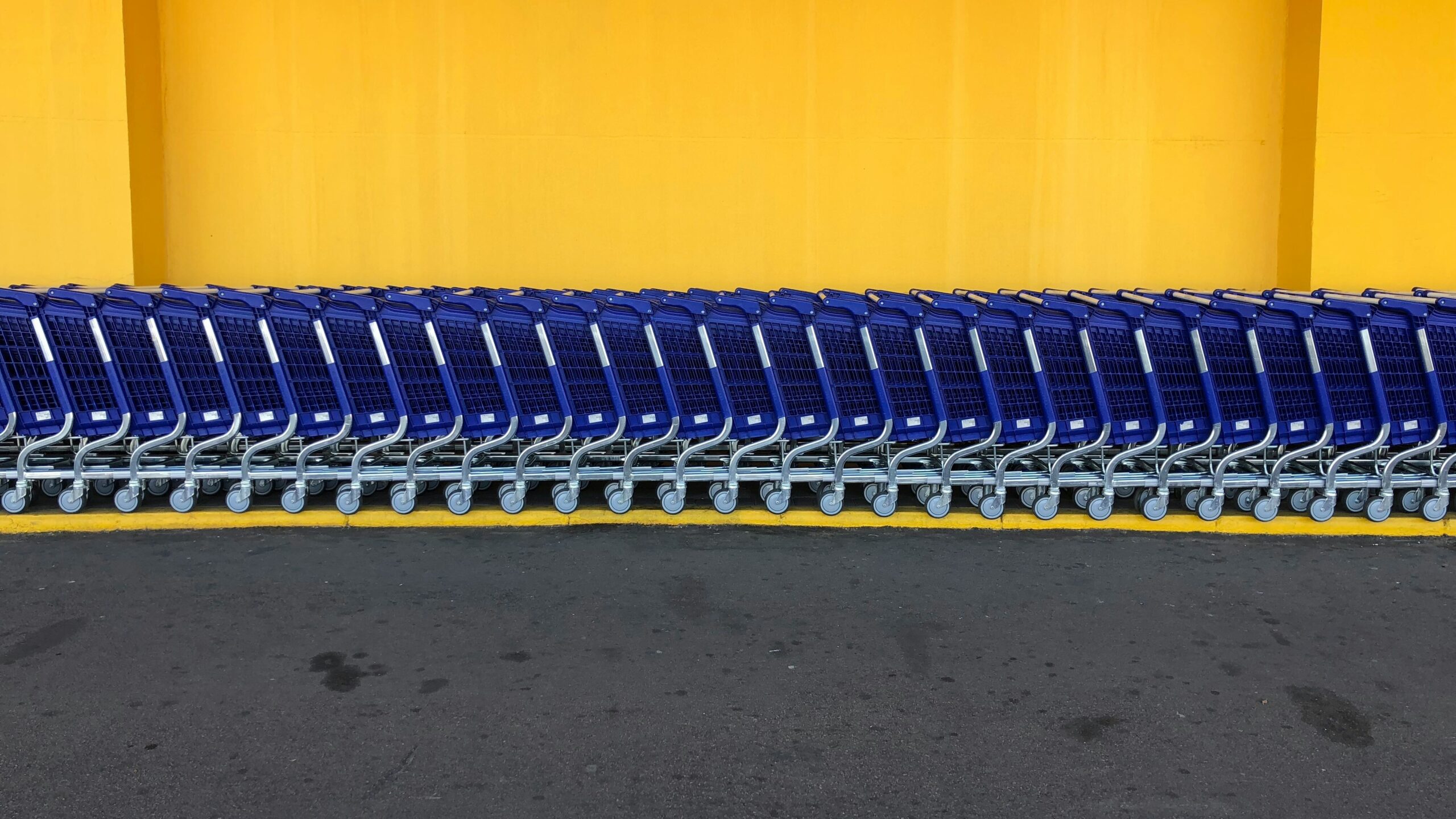Imagine walking into a Walmart store, picking up a head of lettuce, and scanning a QR code on its packaging. Within seconds, you see exactly where it was grown, how it was transported, and even who handled it. What sounds futuristic is reality today—thanks to a bold adoption of a new tech solution that paid off in leaps.
The Problem That Needed a Fix
Walmart has world-class logistics—but still faced a nagging issue: tracing food safety and freight invoice discrepancies. In the past, tracing a mango from farm to shelf could take up to 7 days, while handling freight carriers’ invoices involved manual reconciliation across systems, resulting in delays and disputes.
An Unlikely Hero: Blockchain Arrives
Walmart didn’t build blockchain in-house. Instead, they partnered with IBM and later DLT Labs, embracing an external technological solution. The plan? Pilot Hyperledger Fabric to create a decentralized ledger that every supply-chain participant—farmers, distributors, retailers—could access and trust.
It started modestly: mangoes in the U.S. and pork in China became the first test subjects. But the results spoke volumes: Walmart slashed trace time from 7 days to just 2.2 seconds.
Scaling with Heart: Supplier Onboarding & Co‑Creation
Rather than dictate terms, Walmart embraced a co-creation mindset. They sat side-by-side with DLT Labs and a major carrier—Bison Transport—focusing on joint goals from day one: cut costs, speed up traceability, and build trust across the network.
By early 2020, a dedicated team had rolled out the solution across 70+ Canadian carriers, reducing invoice discrepancies to below 1% and speeding payments—enabling Bison to be paid faster and more accurately.
Real Impact: Trust, Speed, and Efficiency
As the network expanded—covering more than 25 product categories and 1,000+ suppliers—the impact grew bigger. Walmart’s system cut traceability time dramatically (often seconds rather than days), reduced food waste by an estimated 40%, and boosted consumer confidence and regulatory compliance.
Moreover, the freight‑blockchain case in Canada saved millions in reconciliation costs by automating data-heavy processes and eliminating invoice errors.
Why It Resonated
- Open-minded leadership: Walmart didn’t assume expertise—they partnered with specialists and built trust-based relationships among stakeholders.
- Clear, shared goals: From day one, everyone knew the mission—make carrier reconciliation faster, safer, and transparent.
- Co-creation culture: Daily collaboration and shared accountability made the solution not just Walmart’s, but a win‑win network innovation.

Leave a Reply